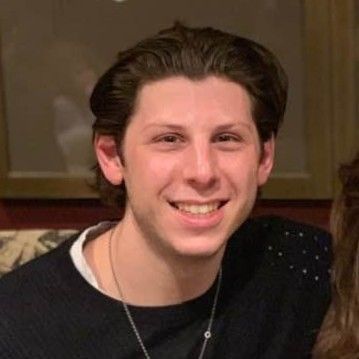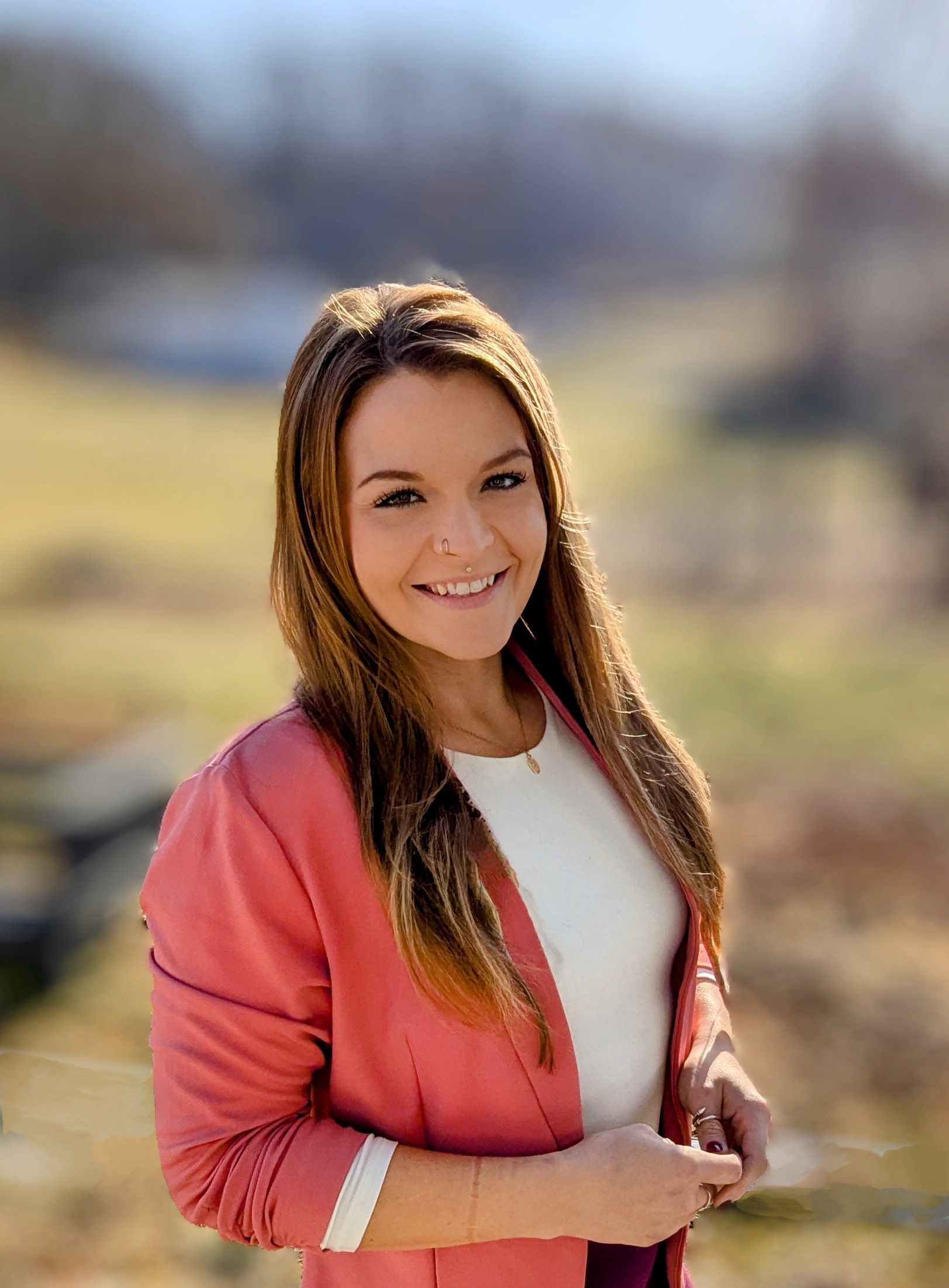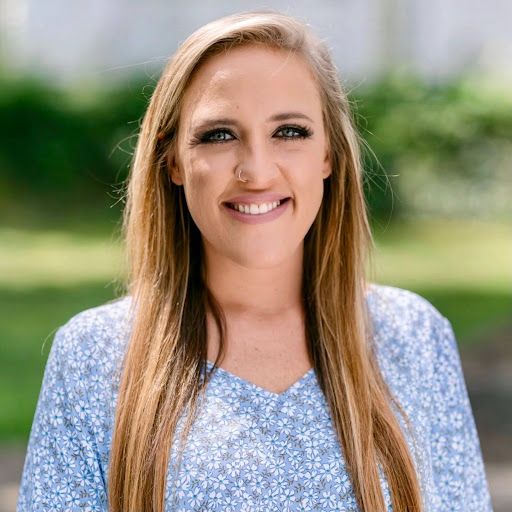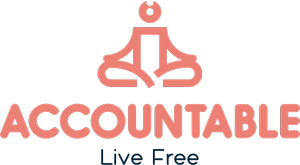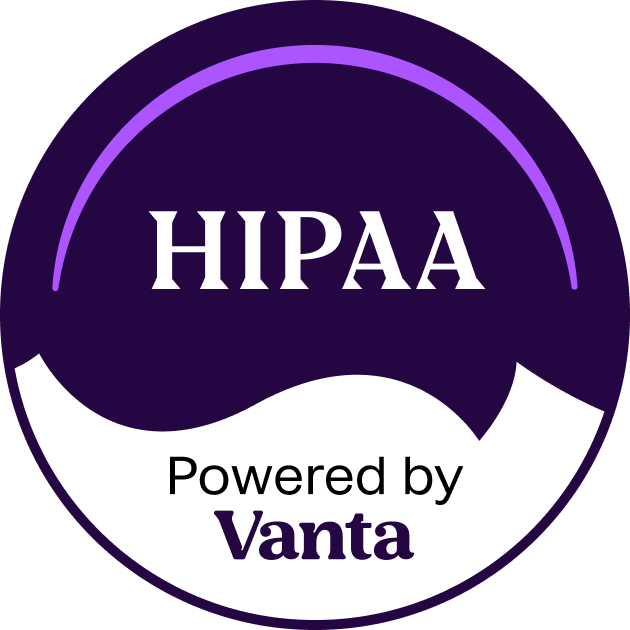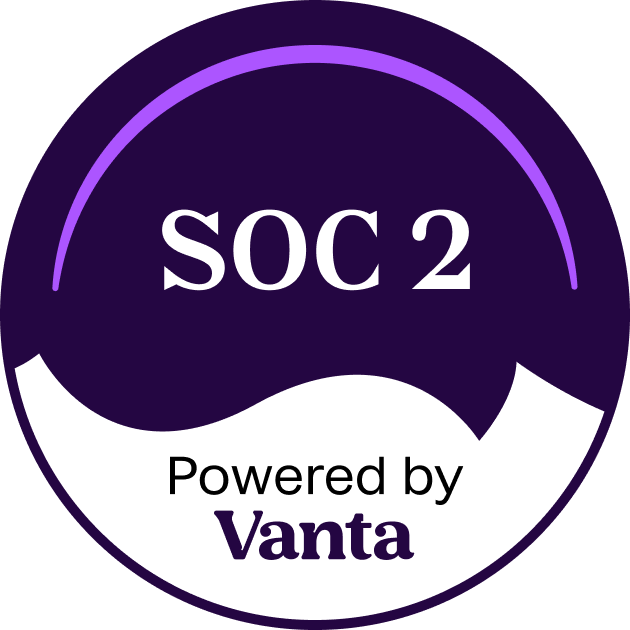Jason's Journey With SUD, HIV, Acceptance, and Recovery from Addiction
Jason's Journey With SUD, HIV, Acceptance, and Recovery from Addiction
My name is Jason, and I’m a person that suffers from substance and mental health disorders. It took me a long time to be able to admit that. It took me even longer to say it clearly, boldly and without shame. Today I identify as someone that is in long term recovery, I believe that sharing my story empowers to reach out and get the help that they need.
Being a gay teen in small-town New Jersey in the ’90s wasn’t easy. I was bullied by my classmates and felt isolated and yearned for more friends. I always felt uncomfortable in my own skin. Most of all, I just wanted to be “normal.” I was uncomfortable as a gay man and felt there was no one else like me, or who understood me. Nobody in school or in my community seemed to accept me; why should I?
These feelings of insecurity and loneliness catalyzed a lifelong struggle with depression and anxiety. When I was 16, I discovered that drugs and alcohol brought me temporary relief from my emotional pain. Everything terrible I was facing was distorted into an easy, fuzzy, warm state. I wasn’t thinking about my social isolation, or the way people treated me when I was drunk or high. I didn’t know it then, but I eventually learned that people in the LGBTQ community are more likely to suffer from drug and alcohol addictions than the general population.
I moved to New York City in 1998; there, I found a community of people like me. I began a career in high fashion and found that being gay wasn’t something strange or different, but rather, it was embraced. Still, the depression that had emerged when I was a teen persisted, and it would come out and rear its head seemingly whenever it pleased. What’s more, I hadn’t stopped drinking or using drugs in the years between high school and moving to New York, and in the fast-paced and heavy-partying NYC fashion scene there was no shortage of opportunities to use drugs and alcohol. I had never coped with my adolescent trauma or worked on accepting my true self; I had just piled on layers of drug- or alcohol-induced numbness.
My addiction and mental health took a turn for the worse when I was diagnosed with HIV in 2000. I felt anger, resentment, and fear about what would happen next. It felt like a death sentence. I felt unworthy of being accepted in society, finding a long term relationship—on a new level of low than I had ever experienced. I found myself self-medicating even more.
After my diagnosis I was introduced to crystal meth. Crystal meth produces feelings of confidence, power and happiness with oneself and surroundings. It can also mute feelings of shame and guilt. I’m sure you can understand why as an HIV positive gay man who had struggled for much of his adult life with depression and self-acceptance, this drug would have such power over me. Crystal meth as destructive as it is, gave me a sense of connection to a group of HIV positive men that shared my status.
Some years were good; some years were bad. I tried to get sober on my own, but it wouldn’t stick. Each time I relapsed and started drinking or using drugs again, the consequences mounted. I eventually stopped showing up for work, ceased socializing with friends and family and failed to fulfill my normal adult responsibilities.
In 2014, I hit rock bottom—or, as some in the recovery community call it, the “gift of desperation.” I was about to lose my job, a friend had recently passed away from an AIDS-related condition and I was plagued with depression and a sense of isolation. I had no connection to myself, no self-love. I honestly didn’t even know who I was anymore. I realized I was slowly trying to kill myself through my drug abuse and that if I didn’t make a change soon, I would die.
Part of my tipping point to change was my willingness to finally admit that I had an issue. Despite my life crumbling around me, it took a massive amount of energy and motivation to make the decision to no longer live the way I’d been living. I checked myself into rehab in the summer of 2014.
My first few days in treatment were terrifying. I started out in a five-day detox, during which I faced a range of intense and confusing emotions. I repeatedly questioned whether I really needed to be there. I also couldn’t do much of anything but sleep at first—my body was so exhausted from years of abuse and now detox. But eventually, I started to feel better physically. And once that happened, I could embrace the counseling and wellness activities that ultimately helped me get sober.
Thirty-three days later, my new life began, and I was really scared of what was to come.
One of the primary reasons people don’t seek the help they need for alcoholism or drug addiction is that there’s still enormous stigma attached to addiction. Personally, that’s why I didn’t access treatment for many years when I should have: I didn’t want to be labeled an addict. HIV/AIDS is also still shrouded in stigma. The convergence of these two diseases caused me a lot of trauma and paralyzing shame for many years. I believe that I am sober today because I’ve made peace with my HIV status. Through rehabilitation and continued therapy, I’ve realized that I could live with these two chronic diseases. I’ve realized that I have many reasons to wake up every morning and live my life.
I never imagined that my recovery would, in addition to giving me a renewed sense of hope, also end up shaping my career. For the last year 7.5 years I’ve had the opportunity to work in substance use disorder treatment in several different peer roles. I got my certification to become a recovery coach, through which I helped individuals maintain their sobriety and healthy lifestyle choices after they leave treatment. After so many years on the other side of the table, it’s amazing that I’m able to use my experience to help others who are seeking guidance and support for their addiction recovery. Working in substance use disorder treatment has given me a higher purpose, something I lacked before I got sober. Today I work for You Are Accountable as the Head of Business Development and Partnerships, I get to speak to clients, families and treatment providers and share our program. I’m grateful that I get to play a part in setting clients up with our recovery coaches. I believe that peer support is the missing link between clinical care and clients building a full life in recovery.
Over the past eight years that I’ve been sober, I’ve realized that my past isn’t anything to be ashamed of. It is simply part of who I am, and it has contributed to the person that I am today—and to my future. Through embracing my past, my addiction and my HIV-positive status, through examining these issues without judgment and through talking to others about what I’ve been through and how I arrived at where I am today, I hope that I can help chip away at the still-persisting stigma attached to addiction and HIV. I hope that I can help others realize that we’re all human and that we all face down our demons at some point or another. Most importantly, I hope that this story inspires someone out there struggling to get the help that he or she needs.
